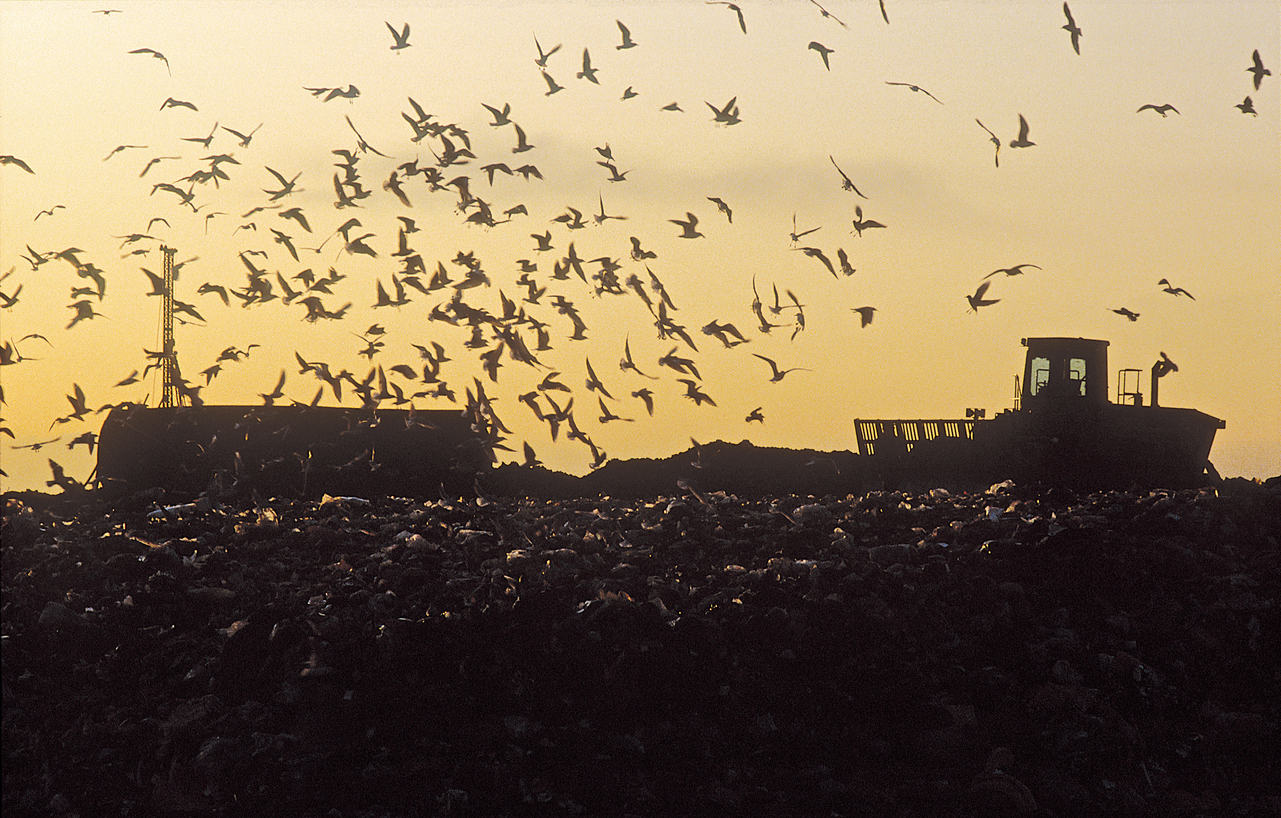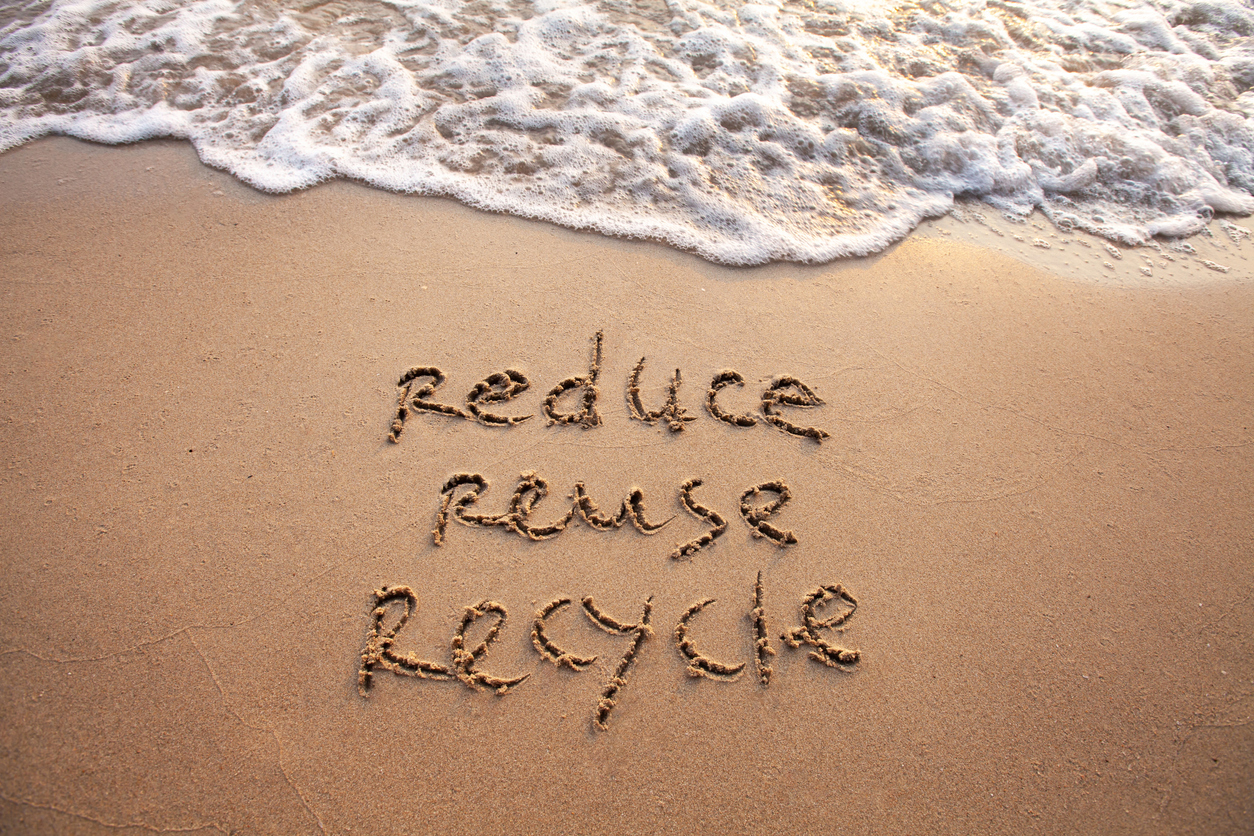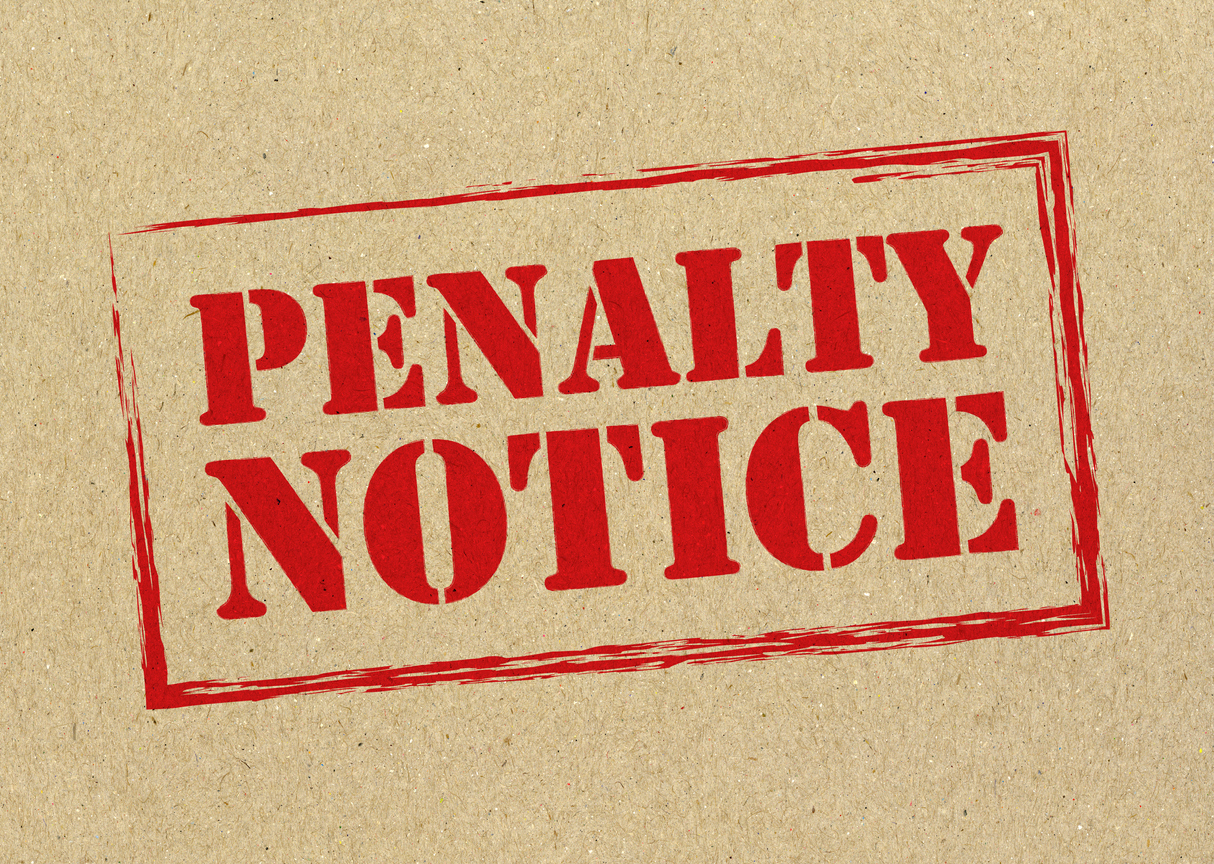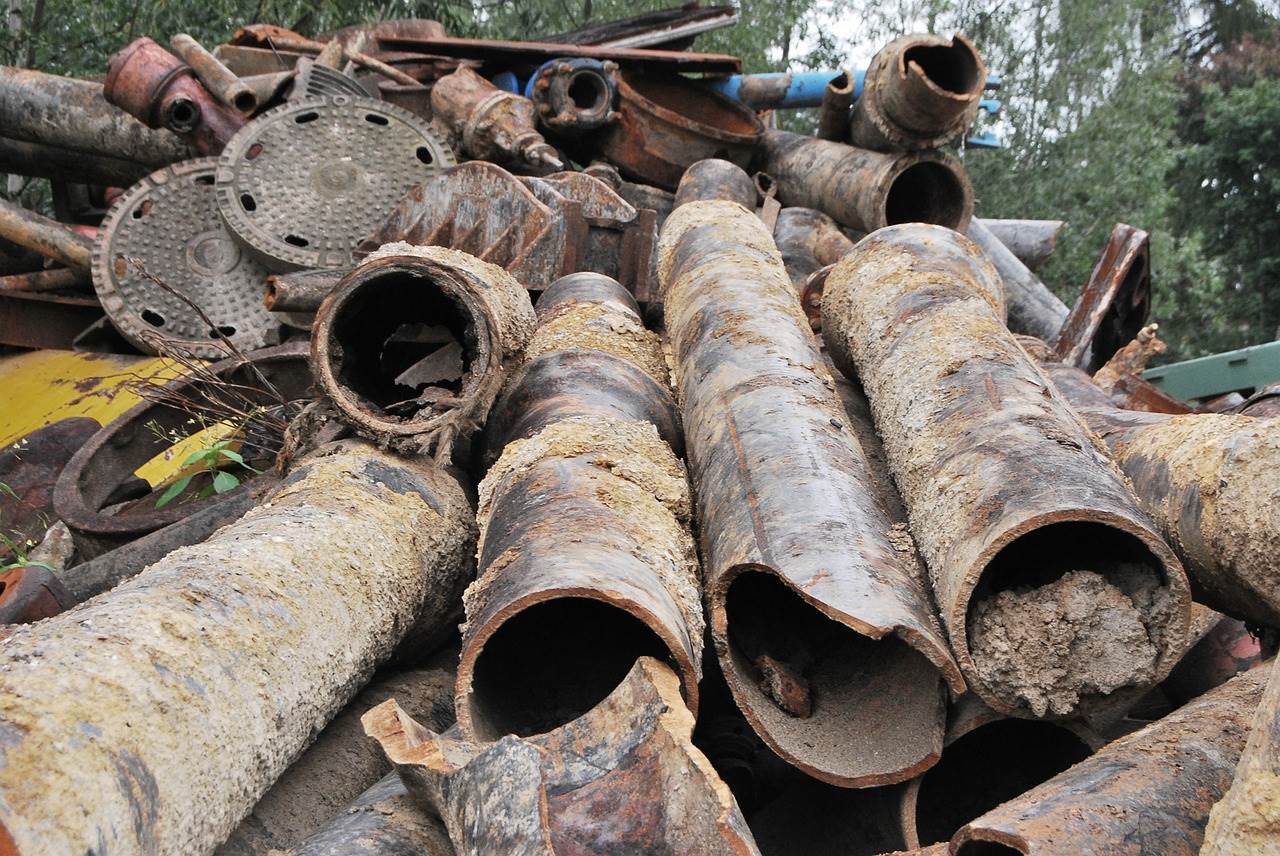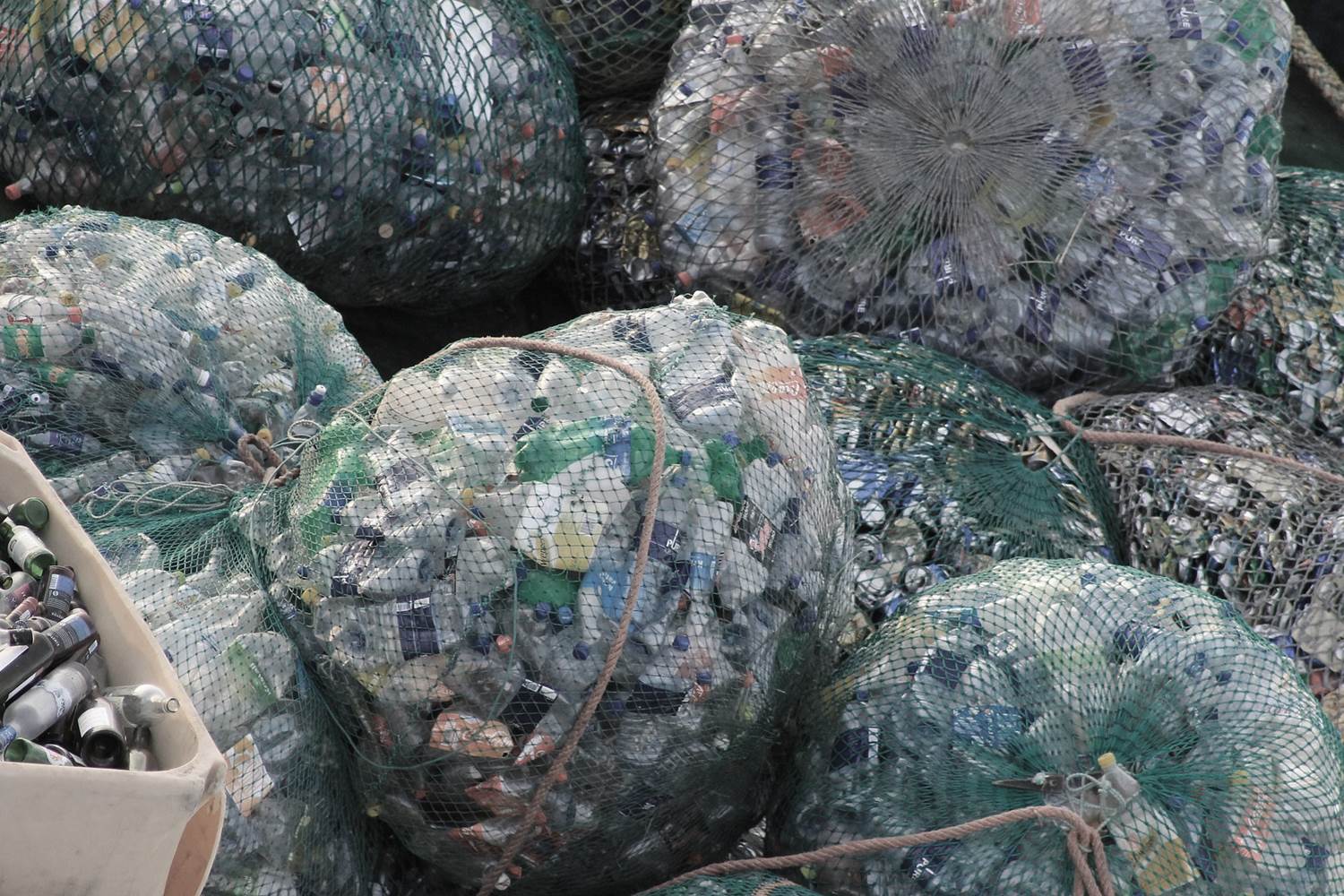
Talking Dirty – An Environmental Blog: All You Need to Know about Regulation and Enforcement
Date: 14/04/2017 | Environmental, Blogs
In this edition of Talking Dirty I am looking at the regulation landscape – from environmental permitting to enforcement – affecting operators in sectors such as waste management.
The regulation of the waste and resources sector in the UK has been under particular scrutiny over the past few years, which has led to new policy and legislation being introduced at relatively regular intervals. However, while such regulatory development has led to the disparities across the different jurisdictions of the UK becoming fewer, there are still inconsistencies in the position employed by the separate regulatory authorities towards compliance and enforcement. That lack of consistency is something that can often prove a challenge for businesses operating nationally.
Permitting
There has been a ‘one-stop shop’ environmental permitting regime in place in England and Wales since 2008 covering a wide range of activities relating to waste and/or with the potential to release emissions to land, air or water.
New consolidating regulations (The Environmental Permitting (England and Wales) Regulations 2016) were brought into force on 1 January, bringing together numerous amendments made since the introduction of the regime. However, in Scotland, the process to create a more streamlined system of this nature has only just begun, with the launch of a consultation on an integrated licensing framework, which closed on 12 April.
In a similar fashion to what is already in place in England and Wales, the new regime will enable an operator to apply for a single permit covering multiple on-site activities and discharges.
Charging
In 2016, five separate charging schemes in Scotland (including those relating to waste management) were replaced with a single risk-based scheme (Environmental Regulation (Scotland) Charging Scheme 2016). This brings the Scottish position more into line with that in England and Wales, where a unified charging framework is used for activities dealt with under the environmental permitting regime, calculating the relevant fee on the basis of an operational risk appraisal scheme.
In all jurisdictions, there remain a number of specialist matters such as nuclear sites, carbon trading and greenhouse gas emissions that are dealt with outside the main combined charging regime.
Enforcement tools
Recent legislative change has increased the range of enforcement tools that are available to the environmental regulators in the UK and, as a result, a mix of enforcement techniques is being employed to tackle non-compliance.
The Environment Agency and Natural Resources Wales have been successfully using monetary penalties (and other civil sanctions) for some time, and the Scottish Environment Protection Agency was empowered with similar enforcement measures in June 2016, although some are still to be brought into force (The Environmental Regulation (Enforcement Measures) (Scotland) Order 2015).
The Northern Ireland Environment Agency (which remains within a national government department) is now the only regulatory body in the UK that does not have such measures in its enforcement toolkit.
Waste crime
These new enforcement measures are designed so that minor offences are dealt with in a more proportionate fashion and without the risk of a criminal prosecution.
However, the issue that is top of the agenda for the waste and resources sector and the collective focus of the enforcement strategy for all of the regulatory authorities is tackling waste crime.
In England, there is evidence of a more robust and urgent approach being taken towards this issue, with organised raids closing down illegal sites across the country and prosecutions, fines and the use of enforcement undertakings all on the increase. Although not quite as pronounced, it would appear that the environment agencies in Wales, Scotland and Northern Ireland are all now upping their game.
As well as an escalation of enforcement at the criminal end of the scale, there has also been suggestion that a national clamping down on the duty of care could have a direct and potentially significant impact on waste crime.
If everyone in the industry were fully aware of and compliant with their obligations under the duty of care, they would, as a consequence, know where their waste was going, and that should cut off the supply of waste materials available to criminals operating in the sector.
However, statistics from April 2016 indicate that over 50% of businesses (the majority being SMEs) are not complying with their duty of care, creating yet another challenge for the regulators. The right Waste, right Place campaign directed at this issue and managed by the Environmental Services Association is gathering momentum with sponsorship from the Environment Agency, the Chartered Institution of Wastes Management (and others), and a recent extension to businesses in Wales by Natural Resources Wales.
The rising cost to the UK economy of dealing with waste crime has encouraged a commonality on a more stringent regulatory approach to enforcement. One question which there is not sufficient space to answer in this piece is whether that approach can continue following Brexit. Watch this space.
This article first appeared in the April 2017 edition of Recycling & Waste World.
If you would like advice on anything contained in this article, contact me on 0131 625 9191 or via email, twitter or linked-in.
























